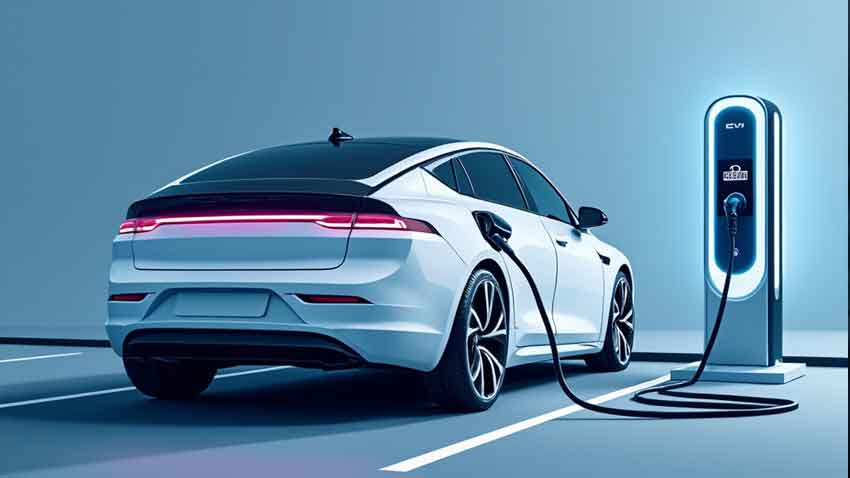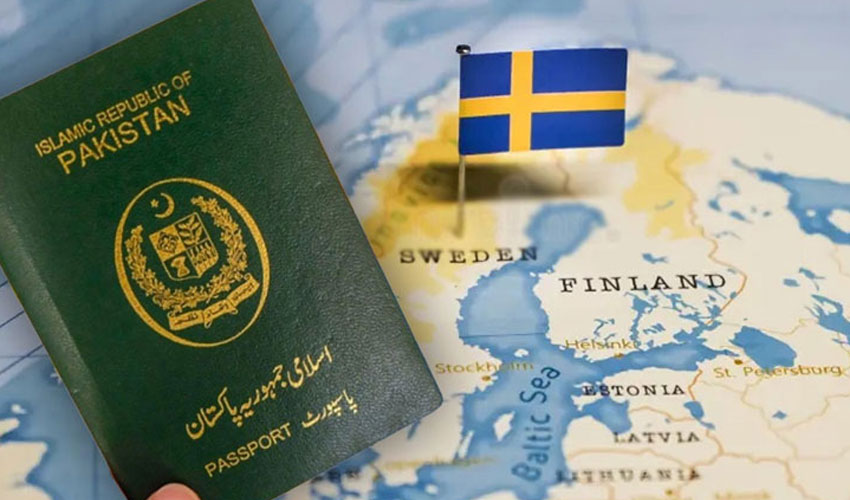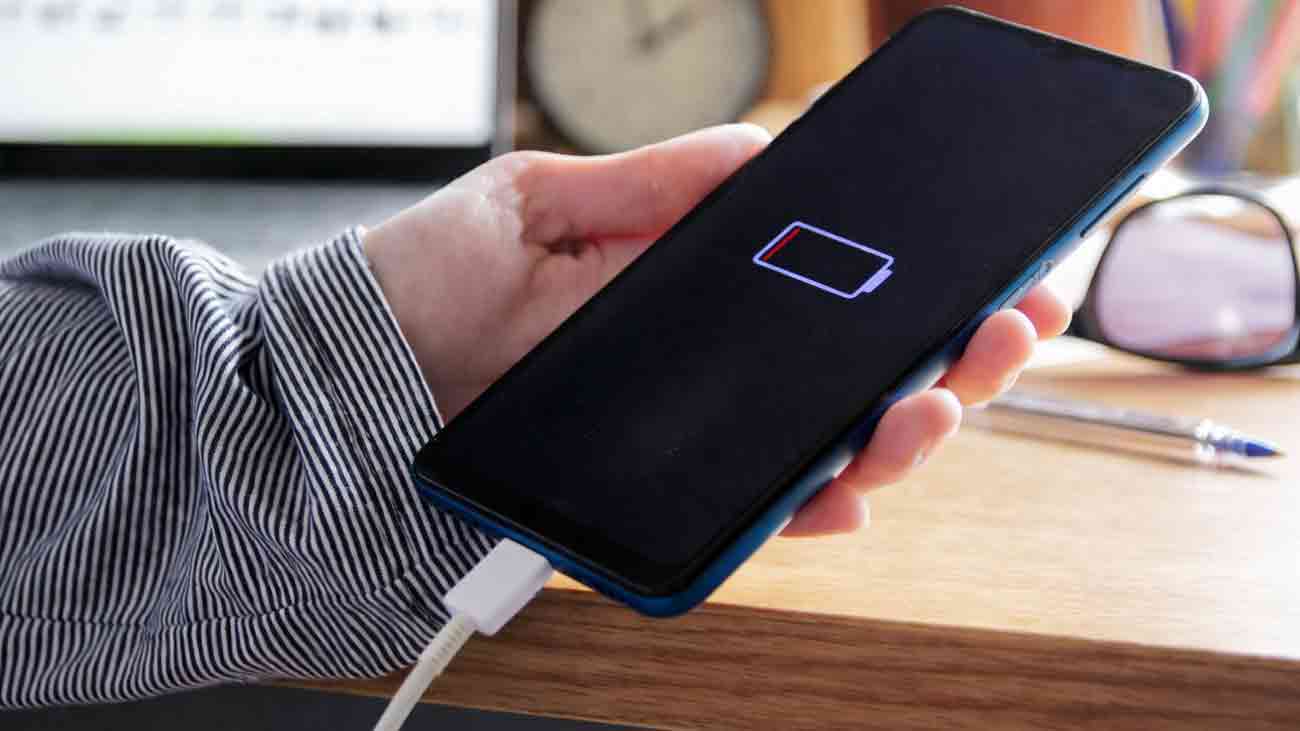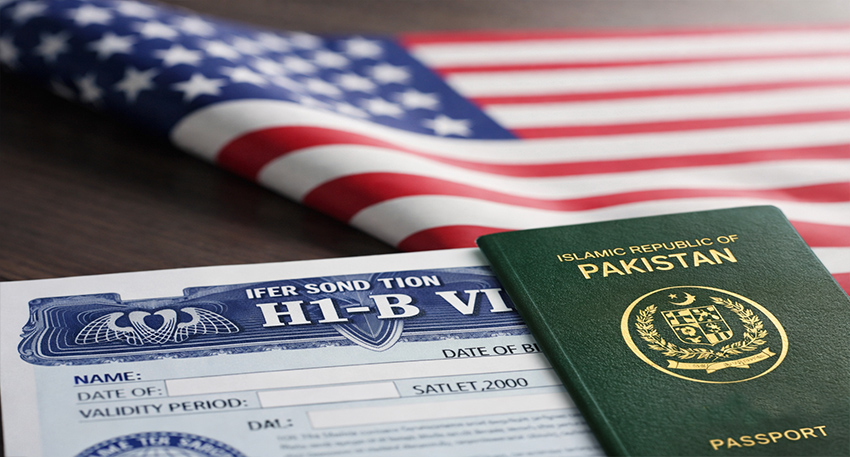
For the purpose, Special Assistant to the Prime Minister (SAPM) on Industries and Production Haroon Akhtar Khan on Thursday launched the National Electric Vehicle (NEV) Policy 2025–30, calling it a historic and transformative step in Pakistan’s journey towards industrial, environmental, and energy reforms.
The NEV Policy 2025–30 is not only an environmental revolution but also a foundation for industrial growth, local employment, energy efficiency, and technological self-reliance in Pakistan, he said.
Addressing a press conference along with Secretary Ministry of Industries and Production Saif Anjum and Chief Executive Officer Engineering Development Board (EDB) Engr. Khuda Bukhsh, Haroon said new EV policy is aligned with the Prime Minister’s vision of promoting clean, sustainable, and affordable transportation while encouraging local industry and protecting the environment.
He stressed that the transport sector is a major contributor to carbon emissions in Pakistan, and reform in this area is imperative.
“EV policy supported Pakistan’s commitments under the Paris Agreement and reinforces efforts to curb fossil fuel dependence and urban air pollution”, he remarked.
He said that one of the major targets under the policy is to ensure that 30% of all new vehicles sold in Pakistan by 2030 are electric. This transition is projected to save 2.07 billion liters of fuel annually, amounting to nearly $ 1 billion in foreign exchange savings. Additionally, the policy is expected to reduce carbon emissions by 4.5 million tons and cut healthcare-related costs by $405 million per year.
He said that currently, sixty one licenses issued from manufacturing on motorbikes and three-wheelers while two licenses have been issued for the manufacturing of electric vehicles.
Read more: Low-priced electric vehicles hit the market – Here’s what China’s BYD offers
He said that an initial subsidy of Rs. 9 billion has been allocated for the fiscal year 2025–26, under which 116,053 electric bikes and 3,171 electric rickshaws will be facilitated. Importantly, 25% of this subsidy is reserved for women to provide them with safe, affordable, and eco-friendly mobility.
The government has projected a cumulative subsidy of over Rs. 100 billion for the five year program, with 25% of allocations reserved specifically for women to promote inclusive access.
The policy also includes the introduction of battery swapping systems, vehicle-to-grid (V2G) schemes, and mandatory integration of EV charging points in new building codes to facilitate wider adoption in urban areas.
“To encourage local manufacturing, incentives are being provided to domestic producers. Currently, over 90% of parts for two- and three-wheelers are already manufactured locally. The government will also introduce special support packages for small and medium enterprises (SMEs) to further boost localization”, he added.




